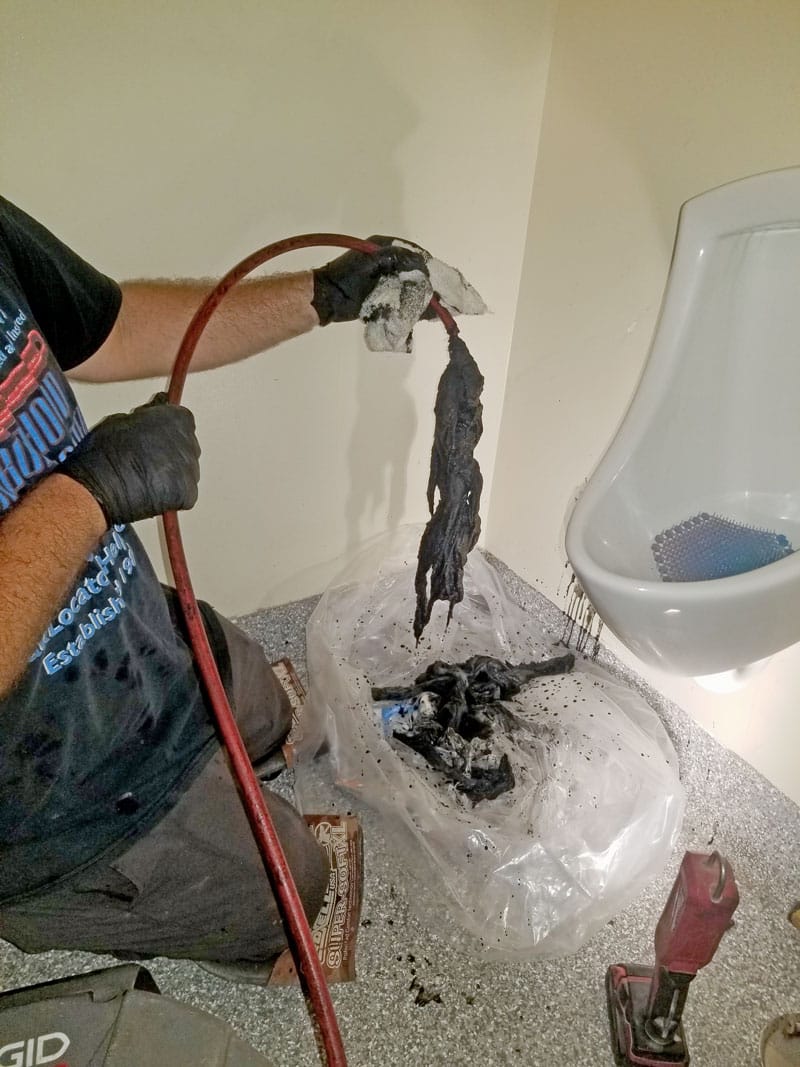
The kitchen sink is the undisputed workhorse of your home’s plumbing system and clogs are the nightmare that haunts them. It handles a daily onslaught of food scraps, grease, soap, and other debris. So, it’s no surprise that it’s one of the most common places in the house to experience a slow drain or a complete, frustrating clog. A clogged kitchen sink can bring your daily routine to a grinding halt and often produces unpleasant, lingering odors. While some clogs are inevitable, the vast majority are preventable. By understanding what causes these blockages and adopting a few simple habits, you can keep your kitchen drain flowing freely and avoid a call to the plumber.Using hydro jetting is a fast and effective way to clear your drains. You don’t have to worry about downtime, either. Just as dentists focus on teeth and estheticians focus on plastic surgery, plumbers focus on what they do best.
The #1 Enemy: Fats, Oils, and Grease (FOG)
The single biggest culprit behind stubborn kitchen sink clogs is the improper disposal of fats, oils, and grease—collectively known as FOG.
- The Problem: When you pour hot, liquid grease from a frying pan, oily salad dressing, or fatty sauces down the drain, it seems to wash away easily. However, as that FOG travels down your pipes and cools, it solidifies and clings to the inner walls of the pipes, creating a thick, sticky, and waxy buildup.
- The Clog Formation: This greasy layer then acts like flypaper, trapping other food particles and debris that get washed down the drain. Over time, this accumulation builds upon itself, narrowing the pipe’s diameter and creating a dense, stubborn blockage that is very difficult to remove with home remedies.
- The Solution: The proper way to dispose of FOG, as recommended by public utilities and environmental agencies like the Environmental Protection Agency (EPA), is to pour it into a can or other heat-safe container, let it solidify, and then throw it in the trash can.
Other Common Causes of Kitchen Clogs
While FOG is the primary villain, several other items are notorious for causing kitchen clogs:
- Coffee Grounds: Coffee grounds do not dissolve in water. They clump together in your pipes and can quickly trap other debris, forming a sludgy mass that is a major cause of blockages. Always dispose of coffee grounds in the trash or your compost bin.
- Starchy and Fibrous Foods: Foods like pasta, rice, and potato peels can absorb water and expand, creating a thick, paste-like obstruction. Fibrous vegetables like celery stalks, onion skins, or corn husks can wrap around your garbage disposal blades and create stringy clogs that are difficult to clear.
- Eggshells: There is a persistent myth that eggshells are good for sharpening your garbage disposal blades. This is not true. The thin membrane inside an eggshell can wrap around the disposal’s shredder, and the tiny, sand-like shell particles can contribute to sediment buildup in the pipes. As home improvement resources like Bob Vila’s website explain, knowing what to avoid is key to the appliance’s longevity.
Your Los Angeles & Orange County Drain Cleaning Experts
When you have a kitchen clog that a simple plunger can’t fix, it’s time to call a professional. A professional drain cleaning technician has the tools, like powerful drain snakes and hydrojetting equipment, to completely clear the blockage and scour the greasy buildup from your pipe walls, preventing the clog from quickly re-forming. For homeowners in Los Angeles and Orange County struggling with a slow or blocked kitchen sink, the team at Neighborhood Plumbing can help. We provide professional drain cleaning. Contact us to schedule an appointment.

